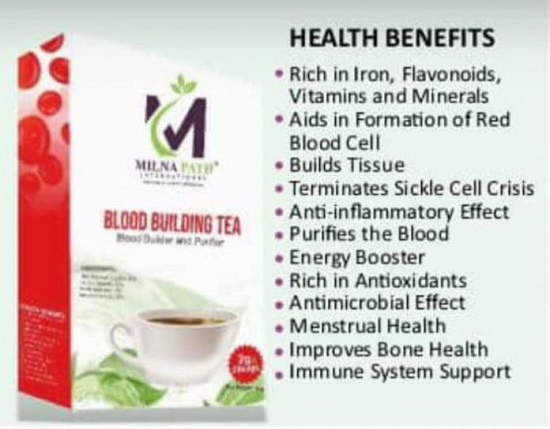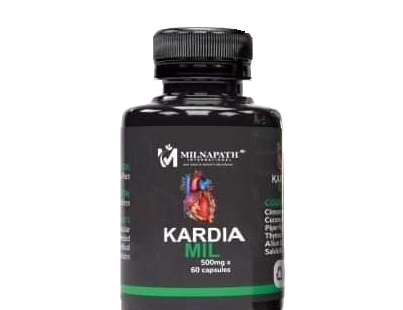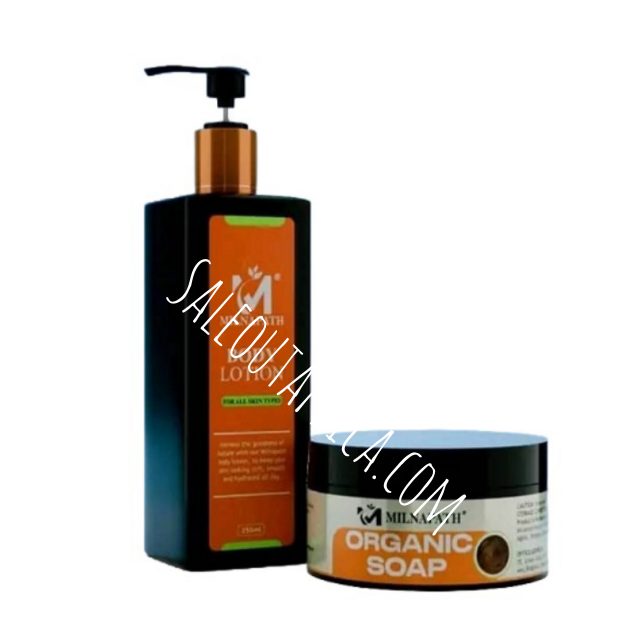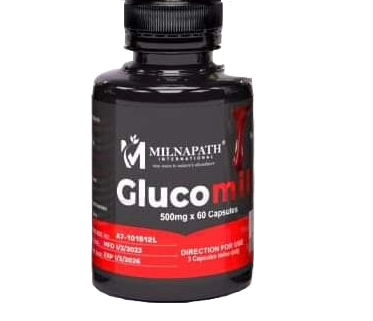All kitchen needs cooking oils, but not all oil is made equally in terms of health. Your general well-being will be much influenced by the kind of oil you use; it will also effect heart health, cholesterol level, and even your chance of chronic diseases. Given the abundance of choices, it is imperative to know which cooking oils have the most nutritional value and how to use them properly.
We will discuss in this post the nutritional profiles, finest cooking oils for maximum health, and healthiest approaches to include them into your diet.
Knowledge of Cooking Oil Fundamentals
Originally derived from seeds, nuts, fruits, or plants, cooking oils mostly consist of fats. These lipids are absolutely necessary for the organism since:
Providing vitality
Supporting the expansion of cells
Preserving organs
Supporting absorption of fat-soluble vitamins (A, D, E, and K)
Cooking oil’s several fat types
Three kinds of lipids found in cooking oils each have different effects on health:
Found in butter, palm oil and coconut oil, saturated fats
steady in high temperatures
Should be drank in moderation to prevent increasing bad cholesterol, LDL
Monounsaturated fats (MUFAs) abound in olive, avocado, and peanut oils.
Well-known to boost heart health by lowering LDL cholesterol
Found in sunflower, flaxseed, and fish oils, polyunsaturated fats (PUFs)
Add omega-3 and omega-6 fatty acids—necessary for heart and brain function.
Important Factors to Guide Selecting Cooking Oils
The temperature at which oil starts to breakdown and release dangerous molecules is known as the smoke point.
Taste Characteristics: Some oils, like coconut or sesame, have unique tastes that go nicely with particular foods.
Choose extra virgin or cold-pressed oils, which preserve more nutrients than processed oils.
The Top Cooking Oils for Maximum Health
1. EVOO, Extra Virgin Olive Oil
Why This Is Healthy?
strong in monounsaturated fats and antioxidants
lowers inflammation and supports cardiac function.
Perfect for salad dressings, pouring over veggies, or low-heat cooking
About 375°F (191°C) is the smoke point.
2. Avocado Oil: The Reasons It’s Good
Packed in monounsaturated fats and vitamin E
boosts skin condition and lowers cholesterol.
Perfect for grilling, roasting, and high-heat fries
Smoke point: ~520°F (271°C).
3. Coconut grease
Why This Is Healthy?
consists in medium-chain triglycerides (MCTs), which increase metabolism.
gives fast energy and enhances brain function.
Perfect for sautéing, baking, or adding to coffee for a creamy consistency
Smoke point: ~350°F ( 177°C).
4. Flaxseed Oil: The Reasons It’s Good
heavy in omega-3 fatty acids, hence aiding heart and brain function.
includes lignans, with antioxidant effects.
Perfect for dips, salad dressings, or sprinkling over cooked food
Low smoke point (~225°F or 107°C) makes this unsuitable for cooking.
5. Sesame Oil: The Reasons Behind Its Healthfulness
Packed in anti-inflammatory drugs and antioxidants.
includes polyunsaturated and mono-based fats.
Perfect Uses: Drives taste into Asian cuisine, marinades, and stir-fries.
Smoke point: ~210°C, or ~410°F.
6. Sunflower Oil: The Reasons It’s Healthy
high in vitamin E, hence supporting immune system and skin condition.
Has omega-6 fatty acids; use sparingly to offset omega-3 consumption.
Perfect for baking and fried since its taste is neutral.
Smoke point: ~450°F (232°C).
7. Canola Oil: The Reasons It’s Healthy
Low in saturated fats and heavy in omega-3s.
Flexible and reasonably priced
Smoke point: ~400°F (204°C); best uses: fried, sautéed, baked goods
8. Walnut Oil: The Reasons It’s Healthy
packed with polyphenols and omega-3 fatty acids
helps brain function and lowers inflammation.
Ideal Uses:
Perfect for sauces, salad dressings, low-heat cooking
Smoke point: roughly 320°F (160°C).
Advice on Selecting the Superior Cooking Oils
Turn oils in a circle. Make advantage of the special nutrients and tastes of different oils by using many of them.
Review labels: Search for phrases like “cold-pressed,” “unrefined,” or “extra virgin” to guarantee quality.
Store right: Store oils cool, dark to avoid oxidation and rancidity.
Limit refined oils. Steer clear of highly processed oils, including partly or hydrogenated oils that might include trans fats.
Common Stories Regarding Cooking Oils
First myth: Every fat is bad.
Not all fat causes damage. Cooking oils’ healthy fats are vital for hormones, brain function, and energy.
Second myth: You should completely avoid saturated fats.
One must be in moderation. When eaten sensibly, saturated fats such as those found in coconut oil can be part of a healthy diet.
Myth 3: Perfect Smoke Point Always Means Healthy
Although fried food requires a high smoke point, for general health the nutritional profile of the oil counts more.
How Might You Add Healthy Oils to Your Diet?
Breakfast calls for either smoothies made with flaxseed oil or avocado oil drizz over fried eggs.
Lunch might be sautéed veggies in canola oil or olive oil with salad dressings.
Dinner is sesame oil stir-fry meats and vegetables, or bake using sunflower oil.
Snacks: For a healthy spin toss popcorn with walnut or coconut oil.
Final Thoughts
Selecting the best cooking oils for maximum health need not be difficult. Understanding the nutritional value of every oil and applying it correctly will help you to create tasty meals supporting your general health.
Sort oils high in monounsaturated and polyunsaturated fats; cut back on processed and refined oils; and appreciate the adaptability they offer your kitchen. Recall that moderation, balance, and variety define a healthy way of life.
Your preferred cooking oil?
Comment below your preferred cooking oils and recipes; remember to subscribe or follow us for further health and wellness advice!
showcase your brand or advertisement for vetting and approval – click our livechat button to shoot us a message and our crew will respond with your ad subscription bill for feature — all approved ads that pass our verification will be showcased to millions of our users on saleoutafrica.com and via Google Ads – make sure your ads meet our requirement





